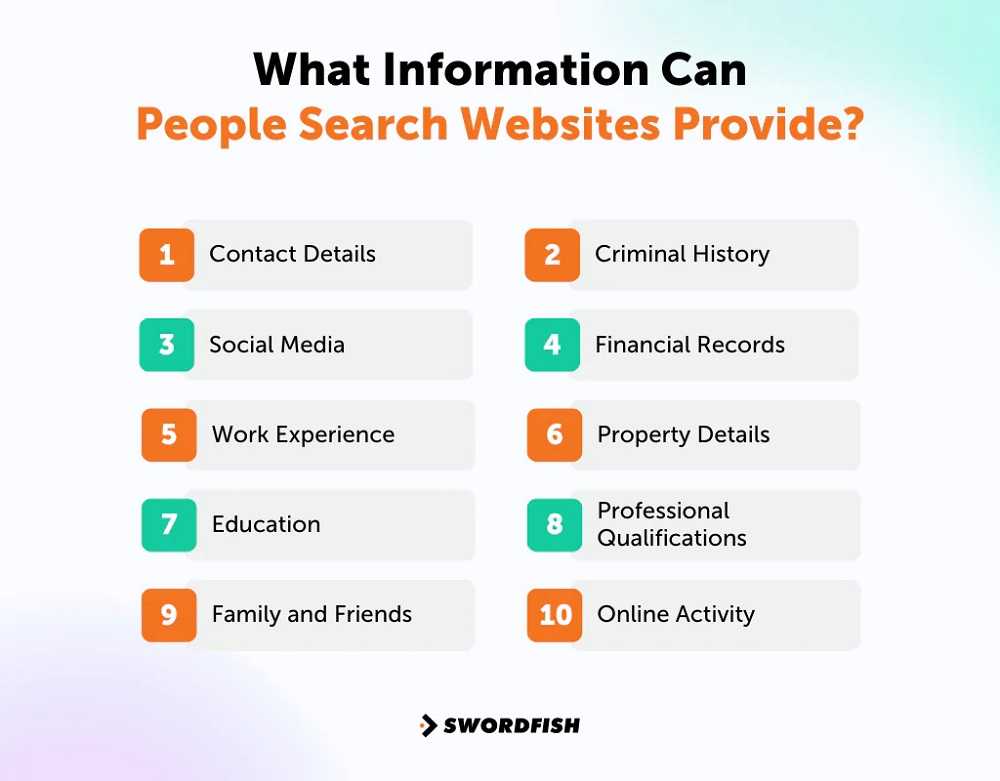It’s no secret, especially after the recent revelation of the NPD breach, that our information is everywhere online. This is true whether we intentionally allowed it or not. There are numerous websites that collect information about us and post it online. The challenge is to keep this information from making you a victim of a phishing attack or identity theft.
Many websites that collect information and post it are “people search” sites. If you’ve ever looked up an unfamiliar phone number, some of these likely showed up. Some more well-known ones are the digitized “White Pages” and Spokeo. These have all kinds of information on all of us, such as names, addresses, phone numbers, and perhaps less publicized information such as employment history and political affiliations.
How can you protect this? Below are some steps you can take to protect yourself and keep your information from remaining on these websites.
Locate the information and request removal
The first step to protect your privacy is to locate people search sites that display your personal data and request its removal. Be prepared for this process to take a lot of time. They also update the information regularly, so as information about you re-appears, it’ll collect it again and you’ll have to go through the process again.
Start by searching for your name, phone number, or address on popular search engines. You’ll find various people search websites in the results, and from there, you can visit each site and submit an opt-out request.
To keep your details offline, you'll need to periodically revisit these sites and repeat the removal process every few months.
If you prefer a more hands-off approach and have some budget to do so, try an automated service. These can remove your data from people search sites and other data brokers, saving you time and effort.

Be selective about your online tools and services
It’s important to be selective about the tools and services you use online. Many of these platforms collect your personal information and sell it to third parties, like people search sites and data brokers.
Unfortunately, even commonly used browser extensions can be a problem. While many of them don’t actively sell your information, the fact that they collect it at all still increases the risk of malicious activity if the extension is compromised.
Remove anything you have installed that is unnecessary, and for those you do keep, check their privacy policies to understand how your data is being collected and shared. You may find that you are not willing to compromise your privacy to use that tool.
If you have browser extensions that are not used, delete or deactivate them. You may find you don’t miss them at all.
Use browsers that protect your privacy
Many browsers and search engines track your moves, but that doesn’t mean you have to be an open book. There are several privacy-focused browsers designed to protect your data. Each of these options come with its own pros and cons and it’s up to you to decide which, if any, you want to use.
If that option doesn’t work for you, consider setting your browser up so that it does not save your cookies, or it deletes them after a short time period. Hackers have capabilities to steal the cookies which store information about you.
And always take a moment to review browser privacy options when they pop up on your screen. It can be annoying, we know. But, if you want to keep your information as private as possible, take a look at how they are using your information and opt out of having them use and sell it whenever possible.